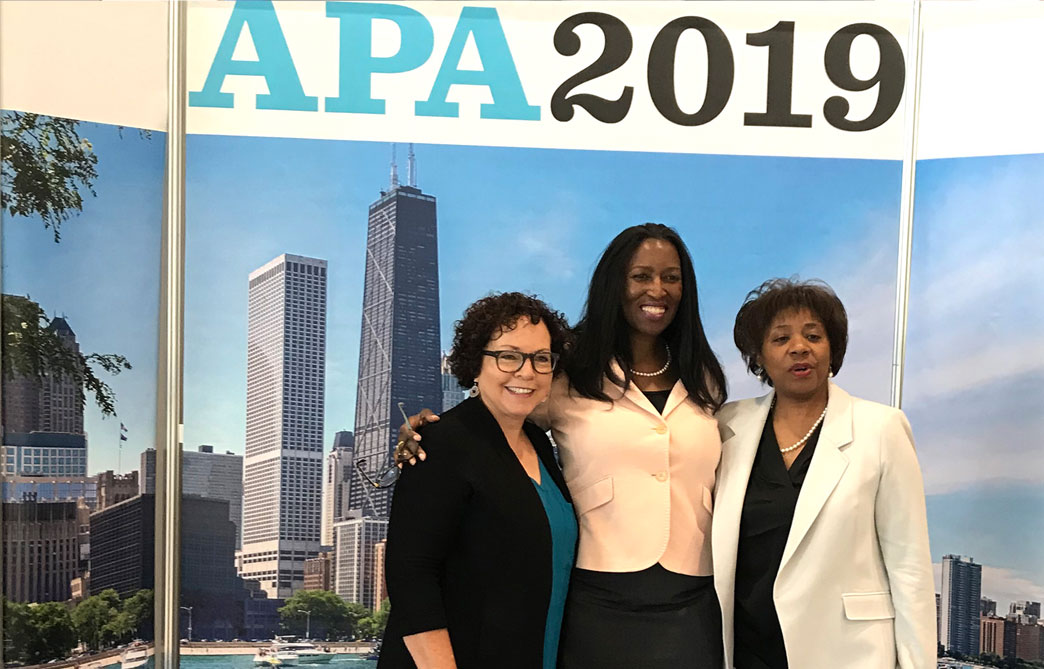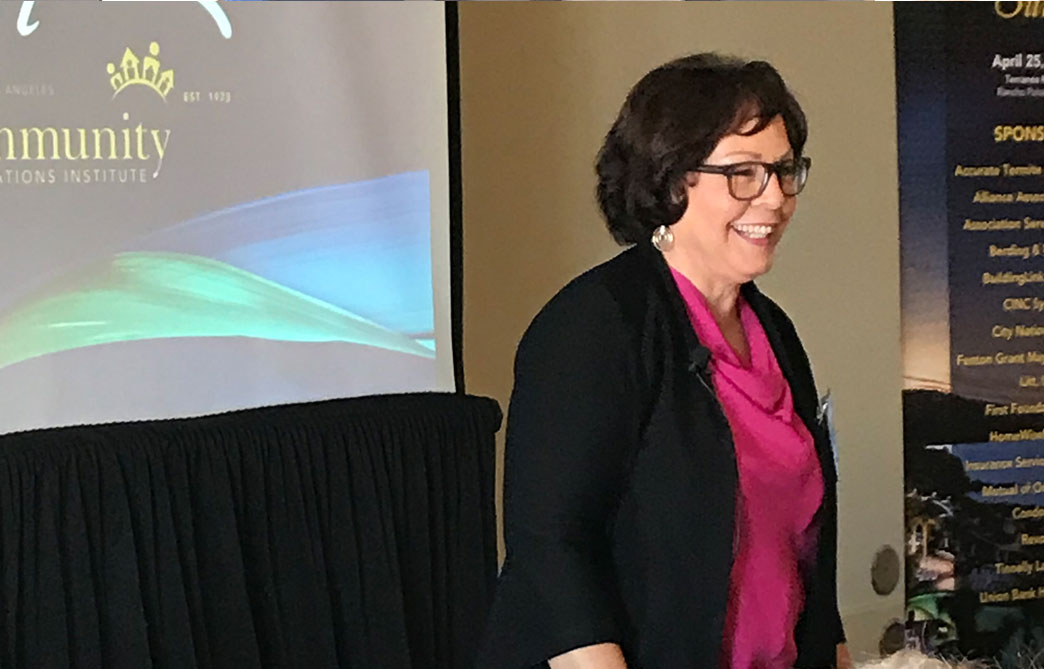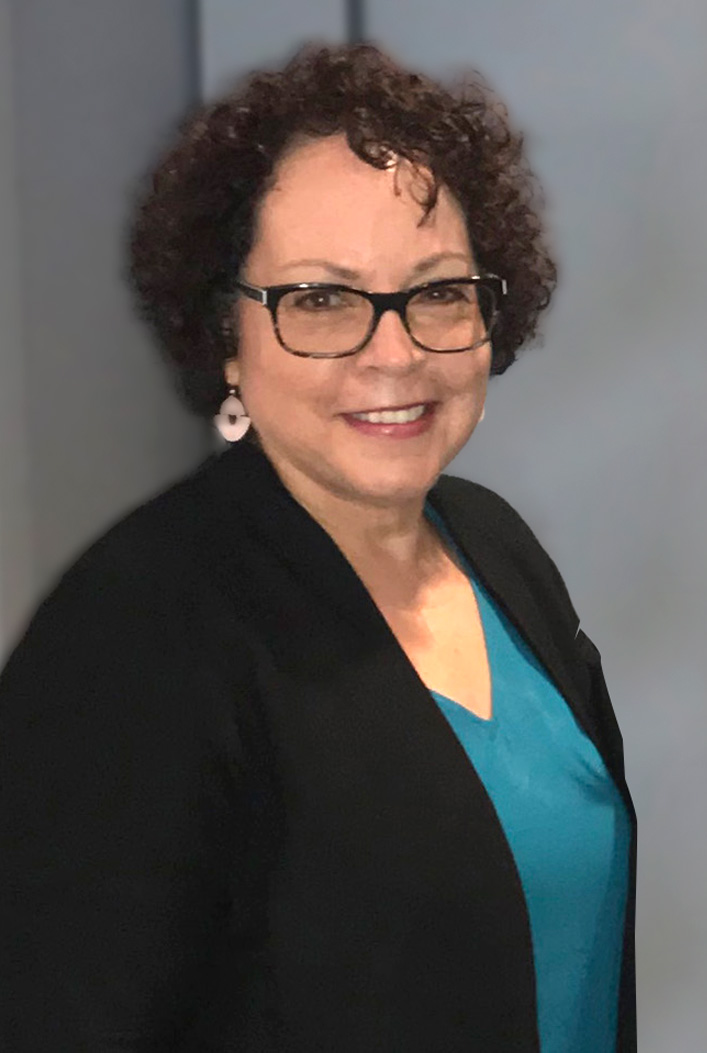
Keynote Speaking / Diversity / Antiracism Consultant
Carolyn Coker Ross, MD, MPH, CEDS is an African American author, speaker, expert the treatment of eating disorders, trauma and addictions. Dr. Ross is a graduate of The University of Michigan Medical School. She completed a residency in Preventive Medicine and a Master’s in Public Health (MPH) at Loma Linda University and a fellowship in Integrative Medicine at the University of Arizona. She is board certified in Preventive Medicine and in Addiction Medicine. Dr. Ross has been an international speaker and consultant on issues of mental health, trauma and workplace productivity. Dr. Ross presented a TEDxPleasantGrove talk on “Historical and Intergenerational Trauma in January 2020. She is co-founder of the Institute for Antiracism and Equity (antiracismandequity.com), a consulting group that offers trainings to organizations on diversity and equity in the workplace.
Order My New Book!
Antiblackness and the Stories of Authentic Allies
Lived Experiences in the Fight Against Institutionalized Racism
- Provides a blueprint for how practices like allyship and cross-cultural mentoring can be revolutionary lifelines
- Offers a credible and discerning curation of perspectives on how antiblackness came to be, how it affects individuals and society, and what can be done to dismantle it
- Includes a diverse constellation of cross-disciplinary voices across 34 originals essays by more than 40 contributors
Videos
Sizzle Reel
How to Maximize the Gifts of Intergenerational Trauma, TEDxPleasantGrove
Trauma, Food and Body
The Trauma Informed Workplace
Speeches
The Trauma Informed Workplace:
Building Resilience to Manage Change
One in five Americans have been diagnosed with some mental health disorder in 2019. However, five in five Americans have experienced emotional distress that affects their well-being. There is strong evidence for a link between trauma and mental health issues. This connection has been magnified by the coronavirus pandemic and quarantine and the social unrest related to long-standing racial disparities. Two-thirds of Americans also report a history of childhood adversity and research shows that traumas experienced by individuals in their childhood become part of who they are as adults. Wherever we go, we take our trauma with us and given the amount of time we spend at work what has “happened to us” can influence our relationships, our ability to manage money and our productivity at work.
Ending Self-Sabotage:
Overcoming our Crutches
During times of stress, it’s easy to fall into relentless coping cycles of binge eating, drinking too much or working long hours. Self-sabotage is common and happens to people from all walks of life -celebrities as well as us “regular folks.” Self-sabotage occurs when we undermine ourselves whether it be physically, mentally, or emotionally or deliberately hinder our own success and wellbeing by undermining our personal values and goals. A history of trauma or adversity can lead to feelings of being unsafe, making you feel you don’t deserve to succeed or to have good things in life. Sometimes behaviors, especially around food, may have developed as a way to cope with overwhelming emotions or situations when you were younger.
Intergenerational Trauma
Stories of Our Ancestors
Have you inherited the stories of your ancestors? Research dating back generations has explored the impact of the trauma of war, genocide, class struggles and racial or ethnic discrimination on families and offspring. Studies which began in offspring of Holocaust survivors have demonstrated significant trauma effects lasting over 2 or more generations. Statistics show that traumatic events can have an impact on brain development and that these effects can define and limit a person from childhood through adulthood – affecting their performance in school, work and having an impact on their mental and physical health.
Book Dr. Ross As Your Speaker
To connect with Dr. Ross, please submit the form below. You can also call 520.440.0079 or email crossmd@mac.com. Typically you can expect a response within 24 hours.




